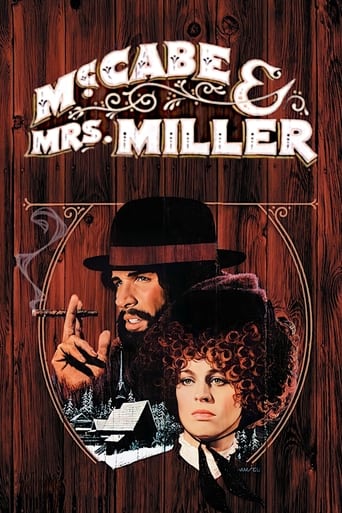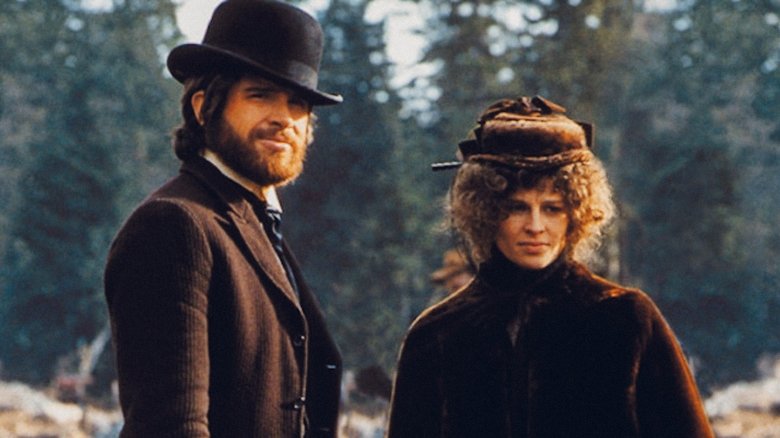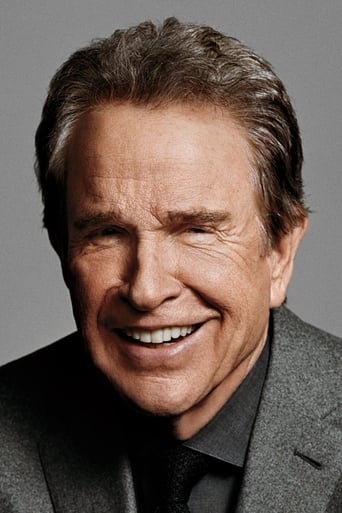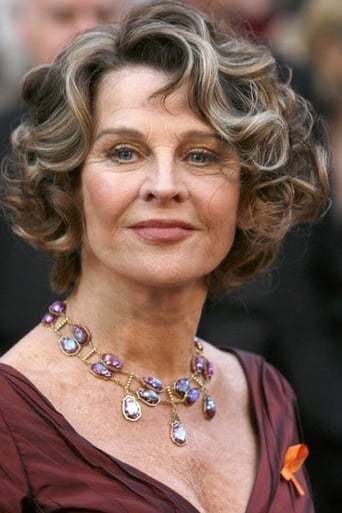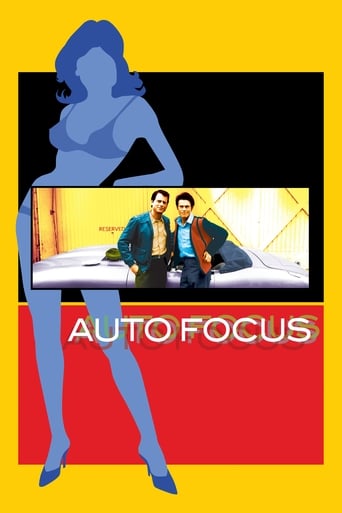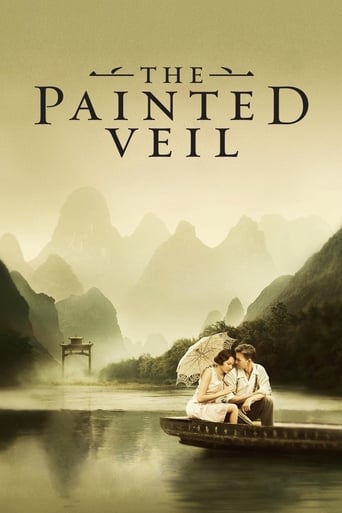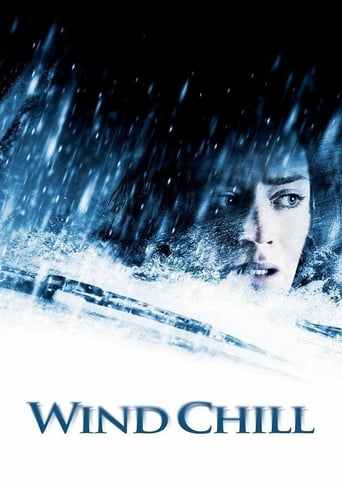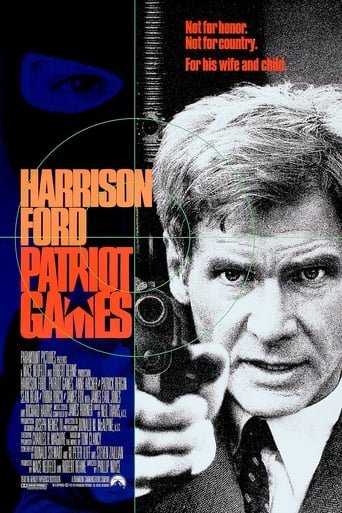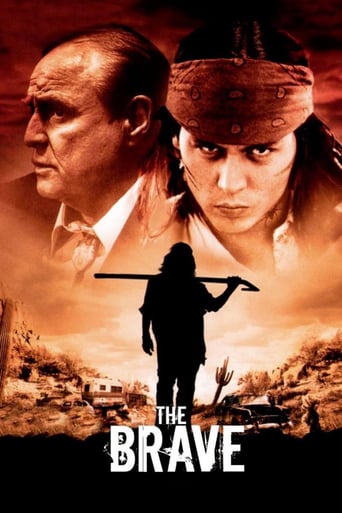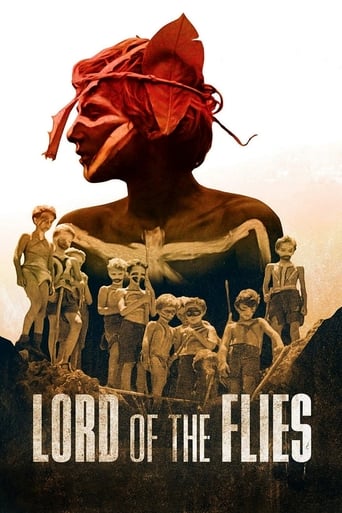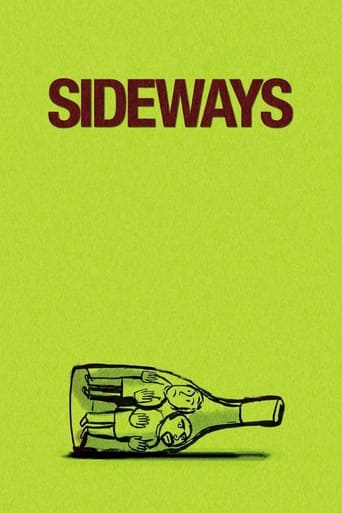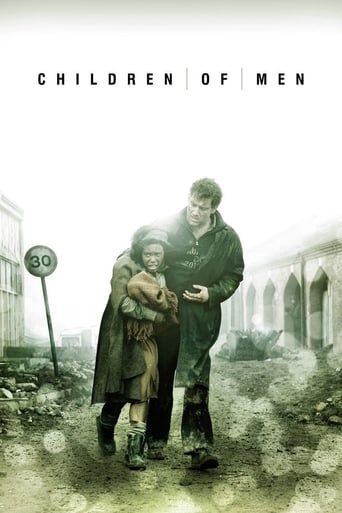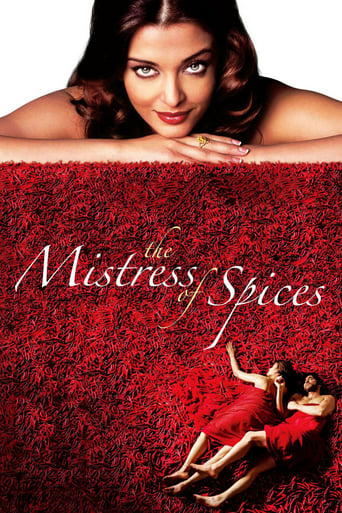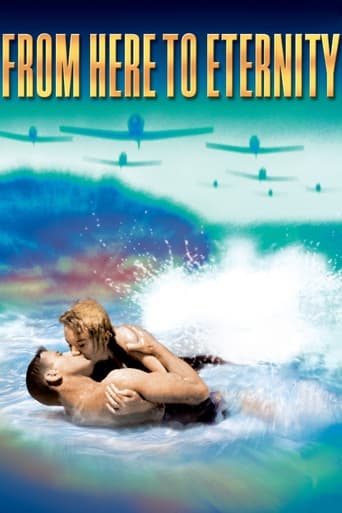McCabe & Mrs. Miller (1971)
A gambler and a prostitute become business partners in a remote Old West mining town, and their enterprise thrives until a large corporation arrives on the scene.
Watch Trailer
Free Trial Channels
Cast


Similar titles
Reviews
the leading man is my tpye
Intense, gripping, stylish and poignant
How sad is this?
brilliant actors, brilliant editing
Right from the first shot of 'McCabe & Mrs. Miller', Robert Altman leaves no stone unturned to subvert, toy with and deconstruct every trope of the conventional Western. Warren Beatty's Mccabe turns up in a town as the mysterious stranger. He has the reputation of being a gunslinger. But unlike, the badass characters of John Wayne and Clint Eastwood of past Westerns, Mccabe is revealed to the viewer to be a bit of an insecure schmuck. Altman shakes up the gender politics by making Julie Christie's character of Mrs. Miller(Constance) a strong, independent woman who is clearly intellectually superior to Mccabe. She is the main reason why Mccabe achieved success as a businessman in the town of Presbyterian Church. The relationship between Mccabe and Constance throughout the film remains professional. Even though there are moments where the viewer can sense a bit of affection simmering beneath the surface in the way they behave with each other and talk to each other, but they never allow the professional wall standing between them to get breached(especially Constance) which mirrors the cutthroat nature of the surroundings and time. The film is also a commentary on capitalism and a deconstruction of the individualism which is exhibited by the lead characters of the classic Western. It offers a fatalistic attitude on the inevitable future that awaits anyone who refuses to sell out or assert his/her independence in a cutthroat economy. However the ending also offers a socialist and hopeful attitude to the strength and power of a community when everyone collectively put their forces together to achieve something. The entire ending can again be seen as a subversion of the ending to 'High Noon'.What enriches the film is the way Altman and his cinematographer Vilmos Zsigmond capture the Pacific Northwest and simulate the feel, the visual essence and atmosphere of the Old West. The flashing technique used on the print gives the visuals a very hazy, murky look which is so perfect to underline the gritty, dirty nature of the surroundings. This is a town where civilisation in its conventional form is still nothing but a distant echo. The dynamics between the church, the small time capitalists, the general public and the oncoming industrial progress(the steam engine is used as an overt symbol of progress) is really fascinating. Altman uses his characteristic technique of overlapping dialogue to create the Renoir-esque inclusive style to simulate and properly conjure up the feel of a community. All the supporting characters of the town look, sound and feel authentic. The interior scenes of the renovated brothel stand out from the rest of the film due to the beautiful reddish hue/glow that can be found ornamenting the scenes. Leonard Cohen's beautiful songs lend an air of appropriate melancholy to the Altman's atmosphere.Warren Beatty is brilliant. He is not playing the quintessential hard man in a Western. He beautifully sells the insecurity, the vulnerability and tentativeness of Mccabe. On the other hand, Julie Christie plays the character of Constance Miller with a sense of gravitas and steely conviction. The dynamics between these two characters plays out brilliantly.Highly Recommended.
It's the turn of the century. John McCabe (Warren Beatty) arrives in the remote settlement of Presbyterian Church. Sheehan (René Auberjonois) runs the saloon. McCabe gambles and drinks with the gruff locals. There isn't much else to the place. He goes over to the next town and buys three prostitutes for $200. He sets up a low rent whorehouse. Constance Miller (Julie Christie) comes to town and convinces McCabe to join in partnership. She brings in more girls and classes up the joint. As they gain success, a mining company offers to buy up their properties with threats against refusing their offer. Miller is an opium addict and pushing to sell.Director Robert Altman brings a naturalistic feel to this story. I expected him to make Alma a bigger character but she kind of disappears. There is also the slightly muffled nature of the sound. Altman left everything very natural. I wish the dialog could be clearer. It's a well-made revisionist western. It takes the genre into a less-heroic and more complicated world. Even the climatic shootout is unlike the traditional affair.
Don't expect a typical western in McCabe & Mrs. Miller. Shootings are limited, no unprotected town needs to be liberated from their villains. Welcome to the real Wild West.The film makes a lot of efforts to make the background to the story as credible as possible. The firetruck is impressive, bars are real, tents are as you expect them, and we haven't talked yet about the costumes.The setting is even more impressive as one can see the town expanding. The different seasons portrayed suggests it has been a tremendous effort to make it as realistic as possible.The story in itself is multi-layered. Not everything is revealed, which increases the interest in the characters. Many scenes are suggestive, leaving room for interpretation. There are not so many twists in the story, but those that are present will keep you watching.The camera work, with many close-ups, fits the story and almost forgets the excellent background. Leonard Cohen's music adds to the drama.Some scenes may have inspired 'Once Upon a Time in America' from Scorcese, and for those who loved the movie I'd highly recommend the series 'Deadwood', which has the same sense of real as this movie.A very good movie. Especially for history-lovers and those who enjoy non-Hollywood drama.
Darn if I hadn't heard the line in my summary in another Western and now it's going to drive me crazy. It sounds like something Pat Buttram or Smiley Burnette might have said at one time or other, and if I had the time and patience I'd try to look it up. I'm sure it'll pop up again someday, probably about the time I forget I heard it in this picture.Well I don't see how anyone can consider this a competent Western. For most of the story there's not much going on and to get through it, one has to slog through one of the darkest, muddiest films on record, and I'm not even talking about the streets of Presbyterian Church. Who names a town Presbyterian Church anyway? You know, for most of the movie I thought Warren Beatty's character McCabe was acting stupid on purpose, but it turns out he really was stupid. With no business acumen or sense of initiative, it was a wonder how he got as far as he did establishing McCabe's House of Fortune. That Constance Miller (Julie Christie) took him on as a business partner seems incongruous to me after the fact, she could probably have done much better on her own.There wasn't much about this picture that resonated with this viewer. I can go with dark and gritty when there's some compelling writing and dialog, the more recent "Deadwood" series being a prime example. Apparently there was a time and place in the early Seventies for the kind of revisionist Western on display here. If you enjoy knee deep mud and suffocatingly dark interiors in your Westerns, 1972's "Dirty Little Billy" might be right up your alley. See - the word 'dirty' is right there in the title.

